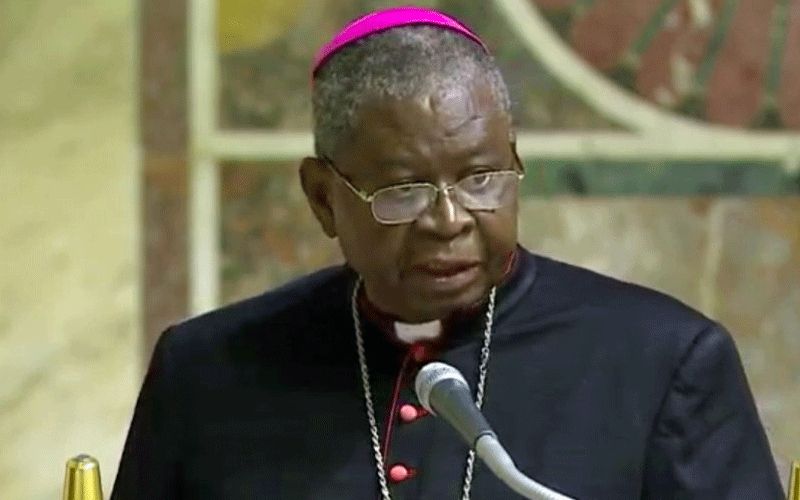Tamale, 09 November, 2019 / 3:13 am (ACI Africa).
As Ghana prepares for a constitutional referendum scheduled for December 17 aimed at amending Article 55 (3) of the West African nation’s 1992 constitution, the Local Ordinary of Tamale, Archbishop Philip Naameh is concerned that not much is being done to publicize the event and create awareness about the “important national exercise.”
“Even though this referendum is expected to take place in December 2019, little is heard of it in public discourse,” Archbishop Philip Naameh of Tamale told participants at the launch of the Regional/Diocesan sensitization programme on the upcoming referendum in his diocese on Tuesday, November 5.
“It is worrying that such an important national exercise was not receiving the level of participation it needed for discussions among Ghanaians,” Archbishop Naameh decried.
He explained, “There are not the usual commentaries and debates that go with elections and politics as we have experienced in recent times, despite the fact that our very development infrastructure is based on effective mobilisation of local resources and participation of local people in governance.”
The proposed amendment would permit direct election of Metropolitan, Municipal and District Chief Executives (MMDCEs) as well as allow political parties to engage in local elections.








